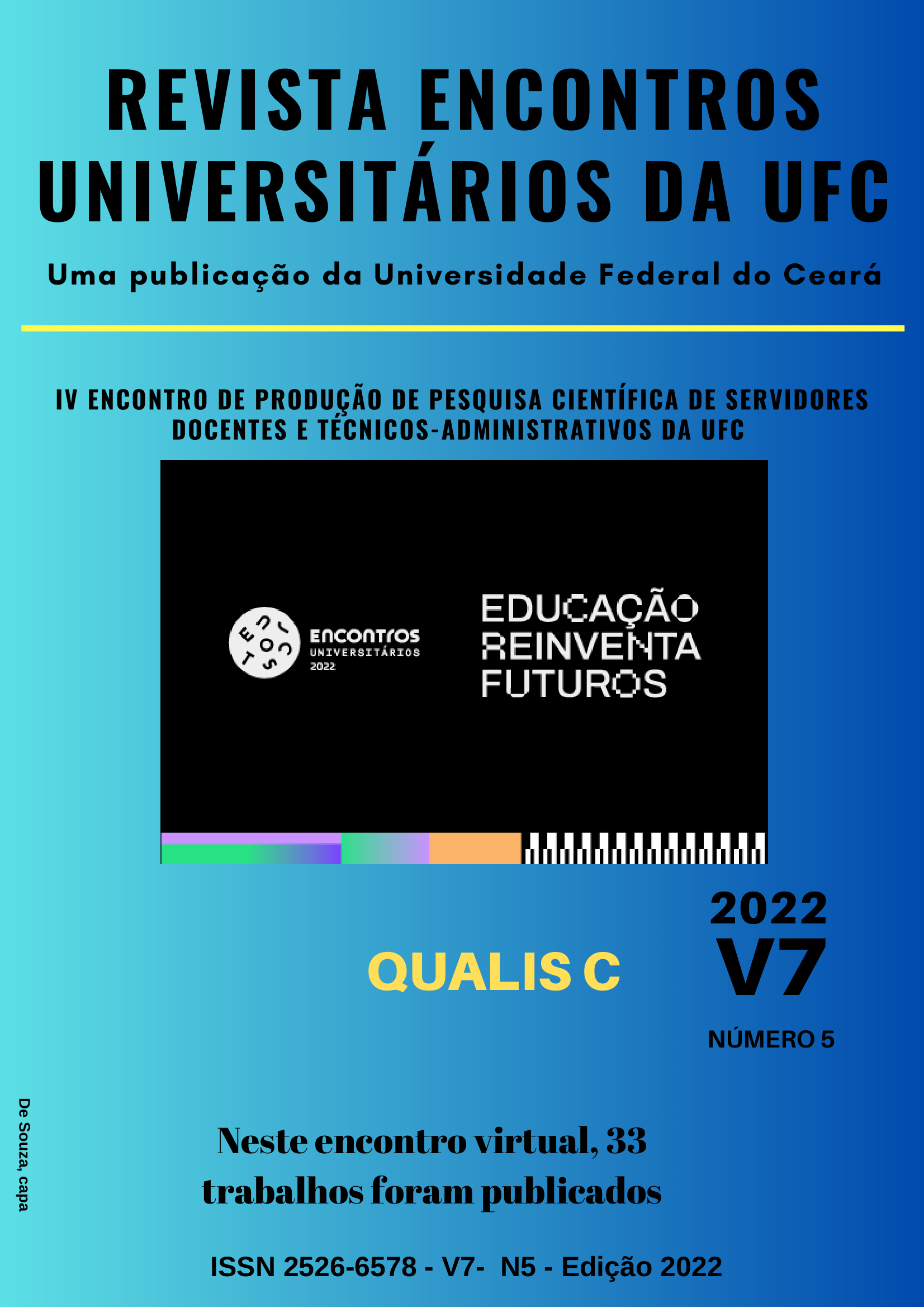NEUTRALIZING EFFECT OF SYNTHETIC PEPTIDES TOWARD SARS-COV‑2
Resumen
Late in 2019, SARS-CoV-2 (severe acute respiratory syndrome coronavirus-2) emerged, causing an unknown type of pneumonia today called coronaviruses disease 2019 (COVID-19). COVID-19 is still an ongoing global outbreak that has claimed and threatened many lives worldwide. Along with the fastest vaccine developed in history to fight SARS-CoV-2 came a critical problem, SARS-CoV-2 variants.The outbreak caused by SARS-CoV-2 has taken many lives worldwide. Although vaccination has started, the development of drugs to either alleviate or abolish symptoms of COVID-19 is still necessary. Here, four synthetic peptides were assayed regarding their ability to protect Vero E6 cells from SARS-CoV-2 infection and their toxicity to human cells and zebrafish embryos. All peptides had some ability to protect cells from infection by SARS-CoV-2 with the D614G mutation. Molecular docking predicted the ability of all peptides to interact with and induce conformational alterations in the spike protein containing the D614G mutation. PepKAA was the most effective peptide, by having the highest docking score regarding the spike protein and reducing the SARS-CoV-2 plaque number by 50% (EC50) at a concentration of 0.15 mg mL. Additionally, all peptides had no toxicity to three lines of human cells as well as to zebrafish larvae and embryos. Thus, these peptides have potential activity against SARS-CoV-2, making them promising to develop new drugs to inhibit cell infection by SARS-CoV-2.Descargas
Publicado
2022-01-01
Número
Sección
IV Encontro de Produção de Pesquisa Científica de Servidores Docentes e Técnicos-Administrativos da UFC
Licencia
Autores que publicam nesta revista concordam com os seguintes termos:
a. Autores mantém os direitos autorais e concedem à revista o direito de primeira publicação, com o trabalho simultaneamente licenciado sob a Creative Commons Attribution License que permitindo o compartilhamento do trabalho com reconhecimento da autoria do trabalho e publicação inicial nesta revista.
b. Autores têm autorização para assumir contratos adicionais separadamente, para distribuição não-exclusiva da versão do trabalho publicada nesta revista (ex.: publicar em repositório institucional ou como capítulo de livro), com reconhecimento de autoria e publicação inicial nesta revista.
c. Autores têm permissão e são estimulados a publicar e distribuir seu trabalho online (ex.: em repositórios institucionais ou na sua página pessoal) a qualquer ponto antes ou durante o processo editorial, já que isso pode gerar alterações produtivas, bem como aumentar o impacto e a citação do trabalho publicado.

